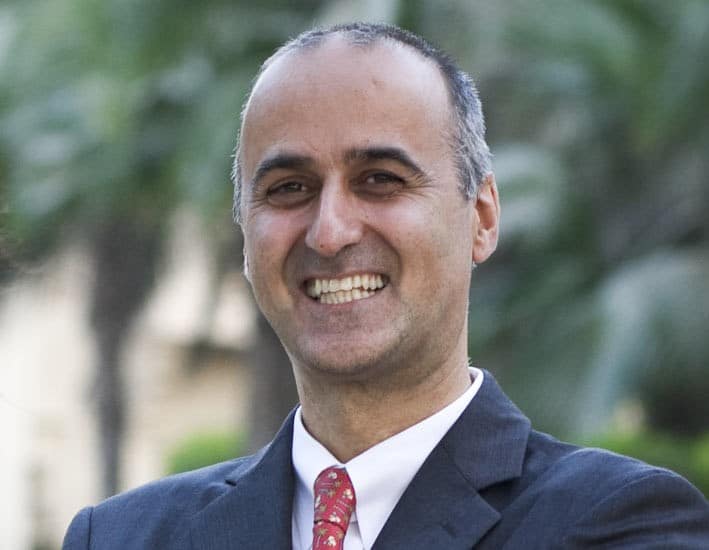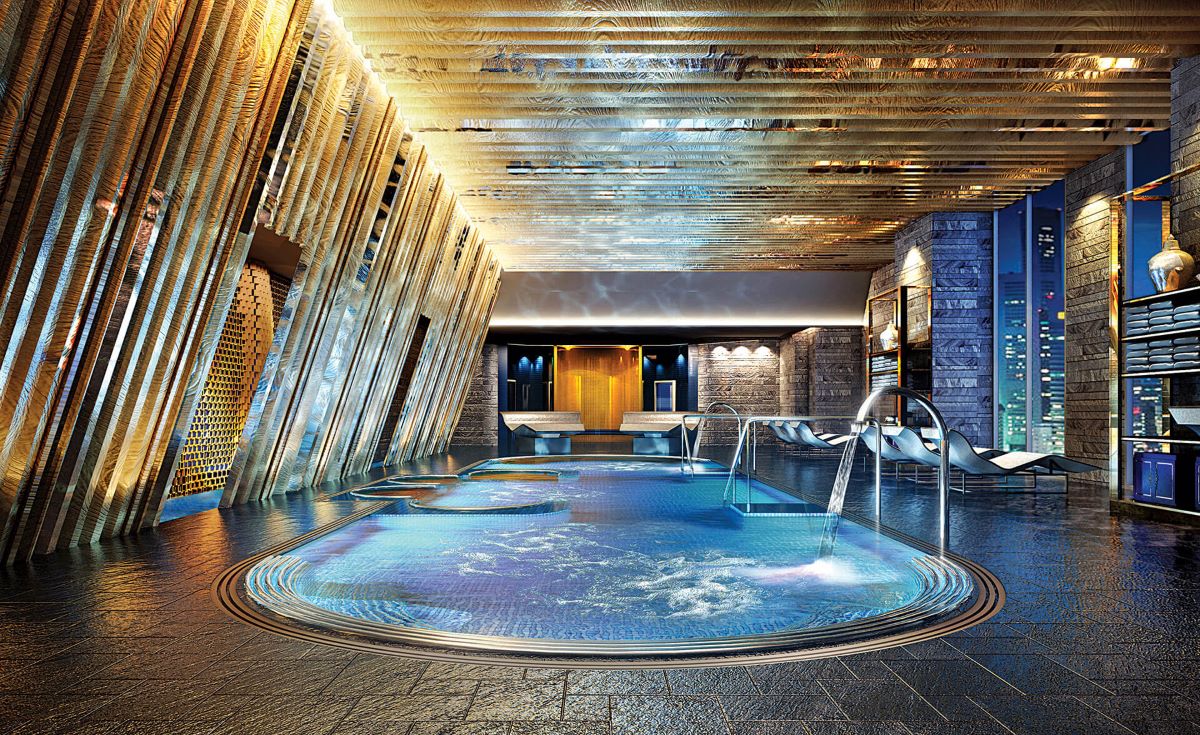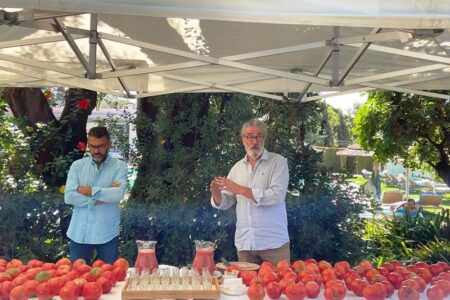Today we interview Iingo SchwederIngo is a global thought leader, visionary and pioneer in the wellness and hospitality industry. Globally recognised as an authority, Ingo leads the next generation of wellness professionals as CEO of GOCO Hospitality.
What are the key moments in your career?
I was diagnosed with stage 4 lung cancer in 1993. The wellness industry was still in its infancy, but I turned to yoga, meditation, detoxification and macrobiotic cooking/specific supplements in my two-year battle for survival. I travelled the world meeting academics such as Marc Cohen, Gerry Bodeker and Robert Thurman, learned about the vast cosmos of complementary alternative modalities and experienced environments such as banyas, rasuls, hammams and sauna/temperature contrast therapies. Downtime and cancer-related healing regimes ultimately changed the direction of my career, for which I am grateful.

What key innovations can you identify?
There are so many! Of particular interest are those focusing on mental and emotional health, which draw on binaural and solfege therapies. Examples include Mindsync, Biohacking Orb, Sensync's Vessel and Gharieni's Welnamis.
What would you have liked to see invented?
The use and application of diagnostic technology is already having a tremendous impact on personalised healing processes. These often allow consumers to take charge of their own health. However, there is a gap for wearable devices and gadgets to offer real-time advice to counteract the stresses of everyday life: 'your stress levels are too high, you need to take 10 minutes to meditate', 'cut your carbs today, you're not doing enough to burn them off'.
Who are the biggest influencers in the industry?
Generation Z continues to have a profound impact on wellness and leisure travel. They are more concerned about sustainability in travel, accommodation and products than others.
They want elevated experiences out of the ordinary and are strong advocates of social welfare, bypassing traditional spa experiences that focus on quiet, solitary activities.
Which business models are the most interesting?
Wellness real estate ventures, focused on healthy lifestyles, are thriving and influencing the wider communities around them. Our project in Appenzell, Switzerland, for example, will open early next year.
Traditional spas are being disrupted with the rise of social wellness clubs such as Remedy Place, Next Health, The Well and the one we are developing at Four Seasons Bangkok. Based in the cities, are leading the way in making preventative medicine more accessible with their biohacking and high-tech modalities such as hyperbaric oxygen, cryotherapy, intravenous infusions, photobiomodulation and pulsed electromagnetic field therapy.
How can the industry reach its true potential?
I applaud a more democratised global welfare economy. But I would like to see operators offer more affordable "sister" models to ultimately deliver welfare to all.






